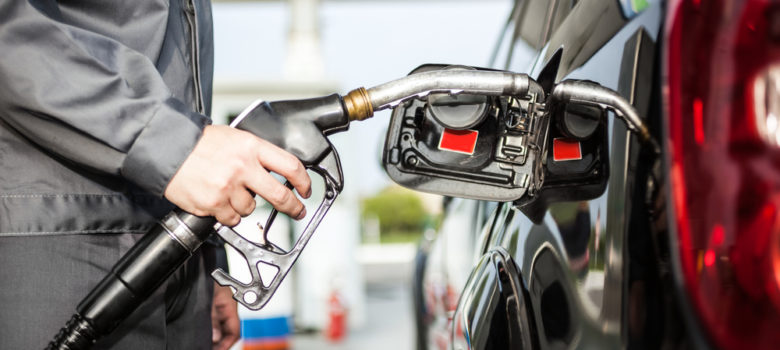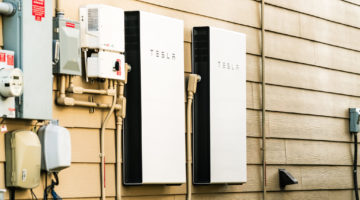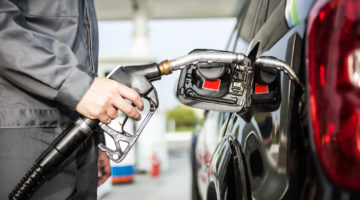
It’s no secret that the world is in a very vulnerable state at the moment. Coronvirus and the spread of Covid-19 has seen stocks crash, businesses collapse, and whole industries in a state of panic. The price of oil has been falling for a while now, but with demand having dropped so dramatically as the result of recent events, things have gotten even worse. But if oil prices have dropped so much, why aren’t consumers seeing more of a change? Shouldn’t we be enjoying the savings?
What has caused the oil crisis?
Basically, we’ve got too much oil and not enough places to store it. The US has been fracking like mad for a good few years now, extracting oil from shale rocks. Meanwhile in the Middle East, Saudi Arabia has been continuing to increase production, and conflict areas such as Libya and Iraq have also put a renewed emphasis on oil. All of that meant that the oil industry was already overproducing and driving the price down, even before the Coronavirus pandemic reared its ugly head. Since the virus has disrupted normal life so much, energy demand has fallen massively. Around the world businesses are suspending operations, cars are parked in driveways as people stay home to work, and public transport has been slashed. Since the outbreak in China hit crisis point in January and major refineries were closed there, storage facilities have risen to about 75% of capacity.
Unfortunately, Saudi Arabia are actually increasing their oil manufacturing right now in a bid to keep their economy afloat, but it’s a short term solution that is driving the price down further. There is also a very important agreement between two big oil giants, designed to limit their production, which is ending. This is leading to even more production and effectively an oil war between Russia and Saudi Arabia.
Elsewhere in the world Canada is already having to significantly reduce production because there simply isn’t anywhere to put it. There’s a potential for offshore oil tankers to take the excess, but that’s a very pricey way to store oil, so the price needs to plummet even further before that becomes an attractive option.
To put it in perspective, at the start of 2020 oil was about $65 a barrel. At the time of writing that’s more like $25 a barrel, with estimates that it will soon be as low as $10.
Why isn’t that being reflected in my fuel bills?
Here’s where things get even more complicated, since there are so many factors at play:
Oil prices and petrol prices are not the same: About 75p out of every £1 you spend on petrol is tax. That means, even if the price of oil falls significantly, the equivalent tax drops far less.
Prices actually ARE falling: Several of the big supermarkets have announced big price reductions. Morrisons and ASDA have reduced petrol by 12p/lt and diesel by 8p/lt. Although these are some of the biggest fuel price reductions we’ve seen recently, a lot of experts agree that it’s not equal to how much the wholesale price has fallen.
Oil company greed: The Telegraph and FairFuel UK have suggested that we’re still overpaying for our fuel because oil companies don’t feel compelled to pass along the savings they’re making to the customer.
Hedging: You might think that lower oil prices would mean lower gas prices and lower bills. In fact, only a small percentage of gas is purchased is based on the UK, and what little that is tends to be bought 6 months – 2 years in advance of its use. This is known in the energy industry as hedging, and it prevents our energy bills from skyrocketing unexpectedly in times of high demand. Unfortunately it also prevents our energy bills from dropping when things get cheaper for the industry as a whole.
What does this mean for electric vehicles?
Dropping oil prices in conjunction with the sharp decline of private vehicle use means that this isn’t great news for electric vehicles. Factories and production lines have all but suspended businesses in a lot of places, and the car industry may well view plummeting oil prices to be an opportunity to once again push petrol and diesel vehicles.
Think we missed something? Do you have a different opinion?
Comment below to get your voice heard…












No Comments yet! Be the first one.